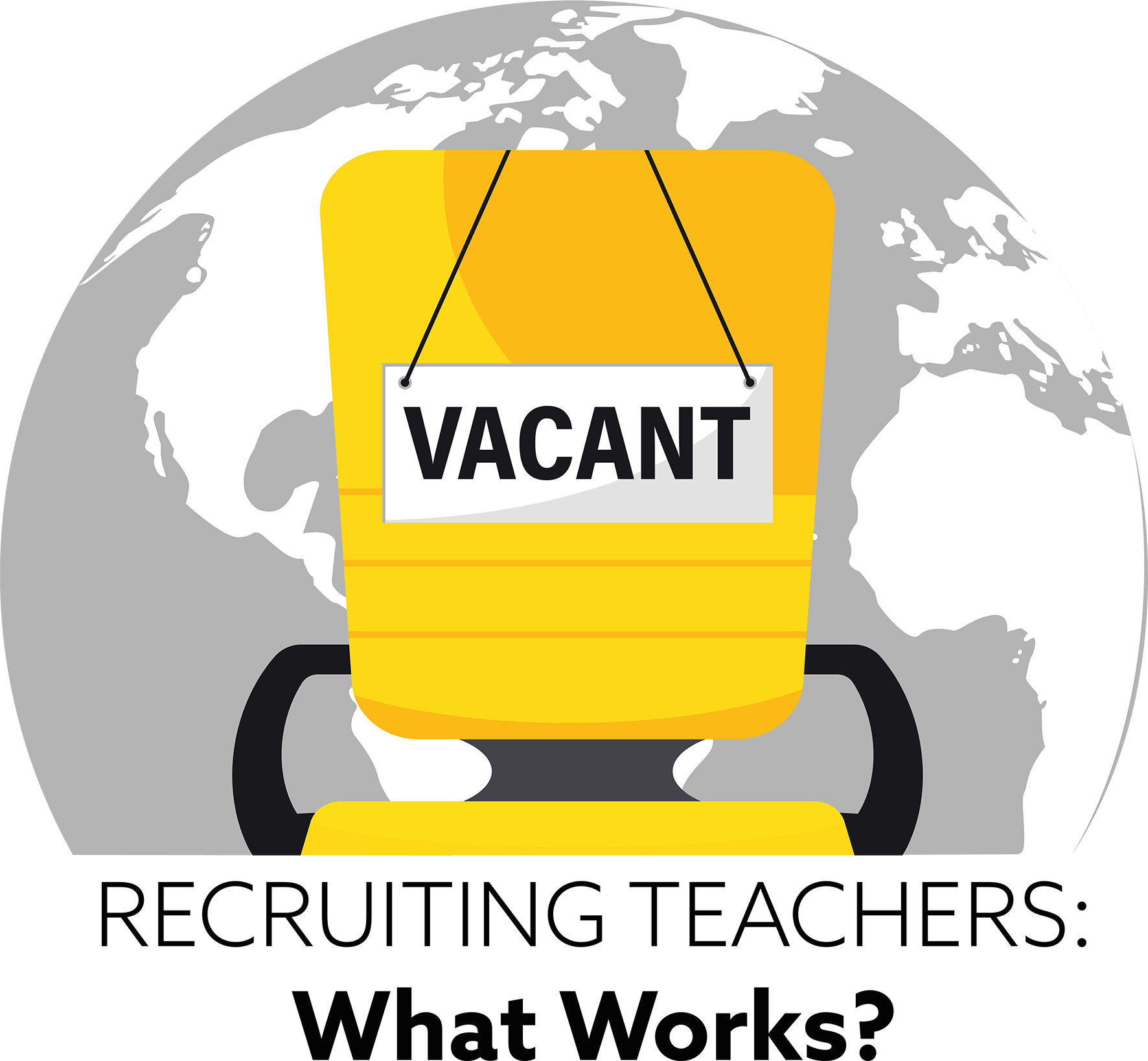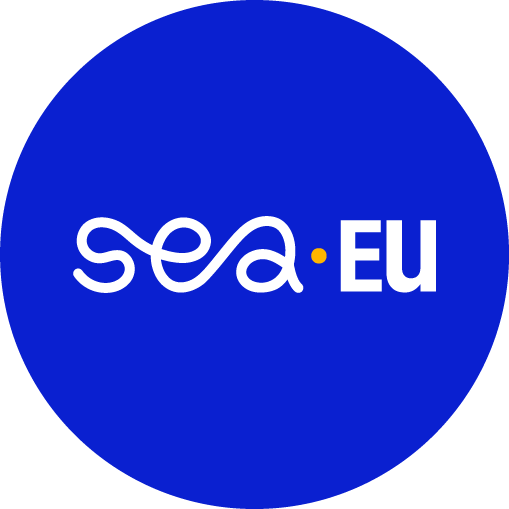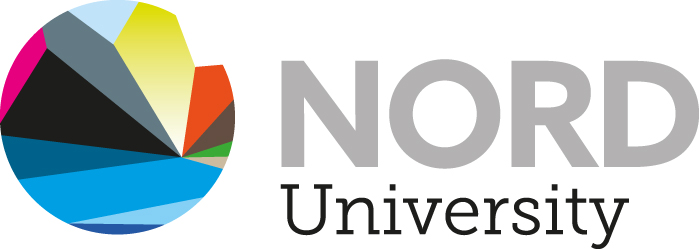Dr. Jordan Naidoo
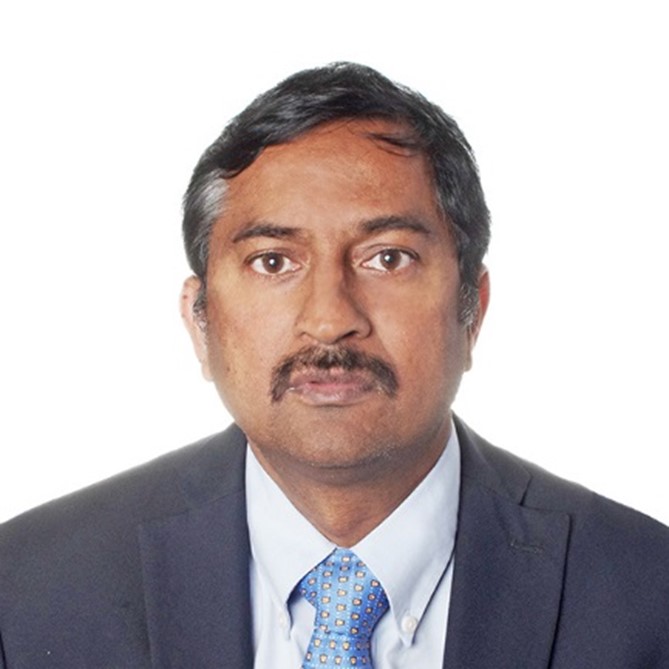
Former Director, UNESCO International Institute for Educational Planning
Topic: “Solving the Teacher Shortage in the World: The Way Forward”
Dr. Jordan Naidoo is currently the Director a.i. at UNESCO International Institute for Educational Planning (IIEP) in Paris. Most recently he was the UNESCO Director Kabul Office, and Country Representative to Afghanistan. Prior, he was the Director of the Division of Education 2030 Support and Coordination (based in Paris, HQ) leading UNESCO’s global coordination of the SDG4-Education 2030 Agenda. Previously, he was a Senior Education Advisor at UNICEF in New York responsible for strategy and research on equity and innovation in education. He was also the Director for Basic Education for Save the Children USA from 2004 to 2009. His early career included being a teacher and researcher in South Africa and a School Reform Design Associate in the US at the Center for Collaborative Education in Boston.
Having worked directly on programmmes in Indonesia, Nepal, Ethiopia, Bangladesh, Bolivia and Haití, South Africa, and the US among others, he has extensive experience and expertise in policy analysis, monitoring and evaluation, teaching and learning, decentralization, governance and democratization, education reform and peace building and education in fragile contexts. Dr. Naidoo received his M.Ed. from the University of Natal, South Africa, and Doctor of Education (D.Ed.) from Harvard University.
Among other publications, he was the editor of the Springer publication, Community Schools in Africa – Reaching the Unreached and various articles on school governance and education decentralization.
________________________________________
Andreas Schleicher
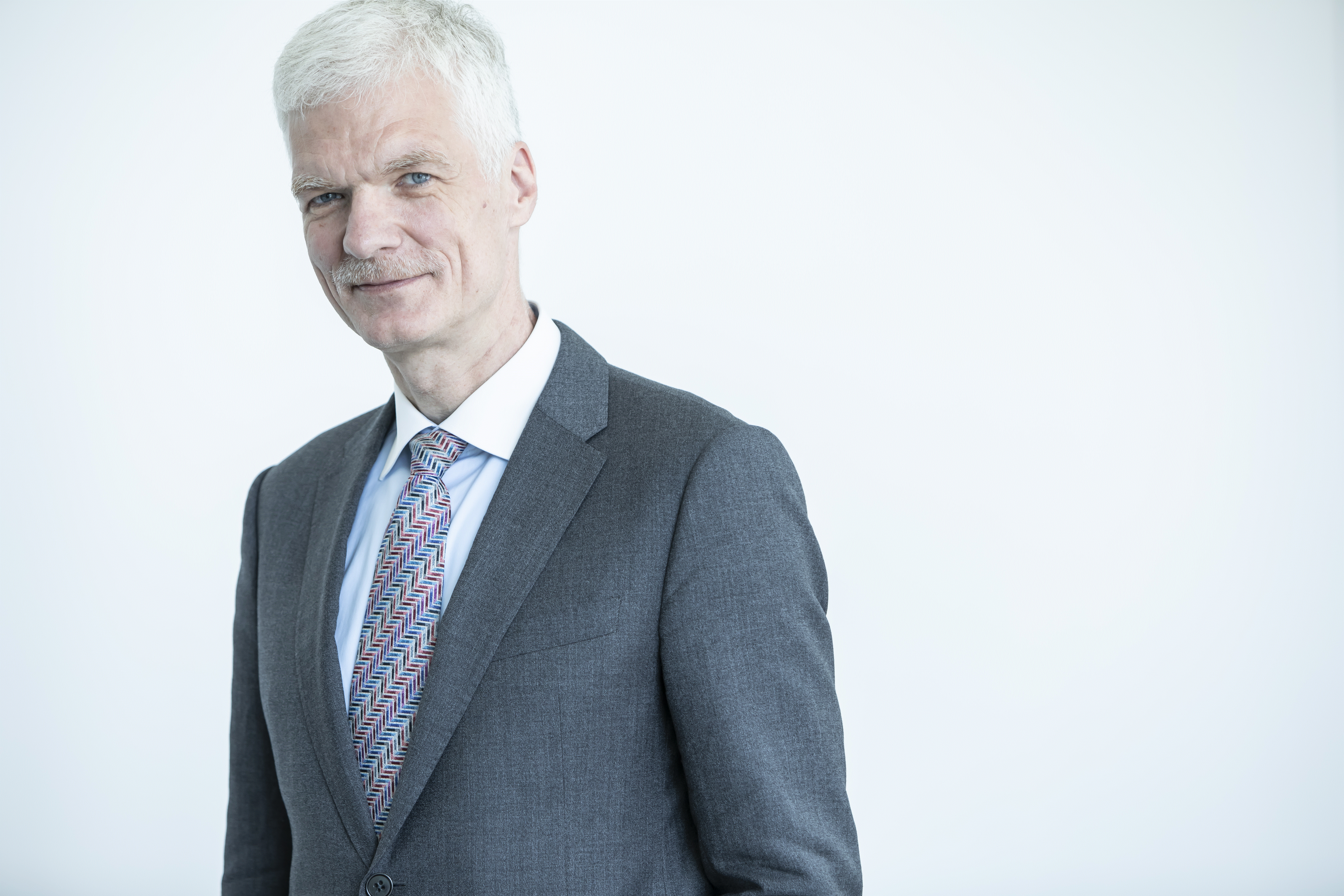 Director for Education and Skills at the Organisation for Economic Co-operation and Development (OECD)
Director for Education and Skills at the Organisation for Economic Co-operation and Development (OECD)
Topic: “Teacher Recruitment in the OECD”
(digital presentation)
Andreas Schleicher is Director for Education and Skills at the Organisation for Economic Co-operation and Development (OECD). He initiated and oversees the Programme for International Student Assessment (PISA) and other international instruments that have created a global platform for policy-makers, researchers and educators across nations and cultures to innovate and transform educational policies and practices.
He has worked for over 20 years with ministers and education leaders around the world to improve quality and equity in education. Former U.S. Secretary of Education Arne Duncan said that Schleicher “understands the global issues and challenges as well as or better than anyone I’ve met, and he tells me the truth” (The Atlantic, July 11). Former UK Secretary of State Michael Gove called Schleicher “the most important man in English education” – even though he is German and lives in France.
Before joining the OECD, he was Director for Analysis at the International Association for Educational Achievement (IEA). He studied Physics in Germany and received a degree in Mathematics and Statistics in Australia. He is the recipient of numerous honours and awards, including the “Theodor Heuss” prize, awarded in the name of the first president of the Federal Republic of Germany for “exemplary democratic engagement”. He holds an honorary Professorship at the University of Heidelberg.
________________________________________
Leen Van Heurck
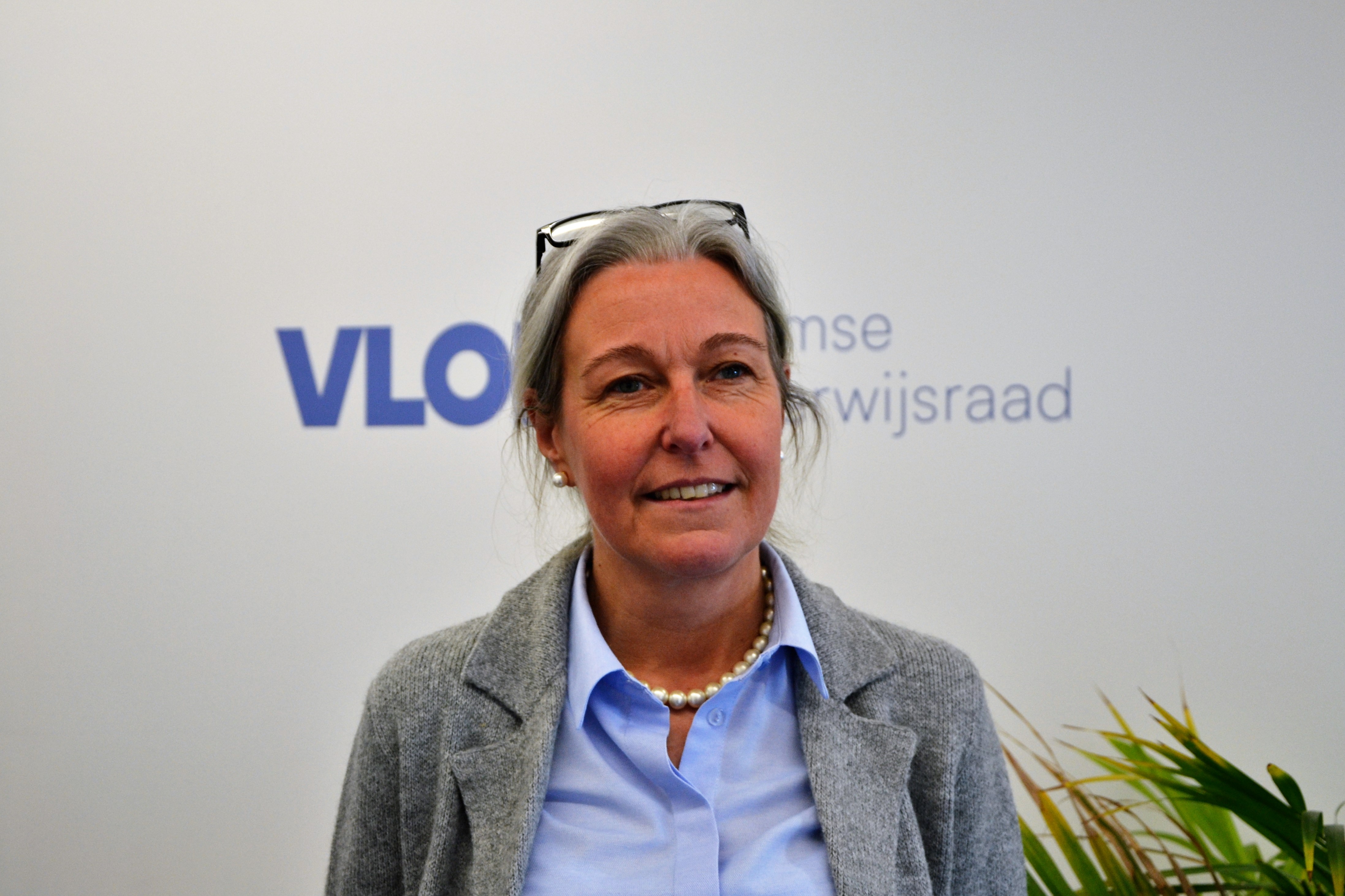 Secretary General of the European Network of Education Councils
Secretary General of the European Network of Education Councils
Topic: “How to Improve Teacher Recruitment in Europe”
In September 2022, Leen Van Heurck became Secretary General of the Flemish Educational Council. In November 2022 she was elected Secretary General of EUNEC, the European Network of Educational councils. The Vlaamse Onderwijsraad, the Flemish Education Council, unites all relevant stakeholders in education in order to advice the regional minister of Education or the regional parliament. Leen is head of staff, which supports the advisory process. The council has 300 members.
From 2008-2019 she was policy advisor to the Flemish parliament and Deputy Chief of Cabinet for the minister of Education. Although she has a broad general knowledge of the educational system in Flanders, she focused on inclusive education an equal opportunities. Related to that, she was projectleader for the King Boudain Foundation. The project identified the conditions which can improve learning results in schools with a majority of children from disadvantaged backgrounds.
She is a psychologist and started her career in the child guidance centers in Flanders. This guidance centers are unique in Europe. This centers connect education and welfare and support schools in health promotion, school career guidance, learning disabilities, psychological and social functioning.
________________________________________
Dr. Jonna Kangas
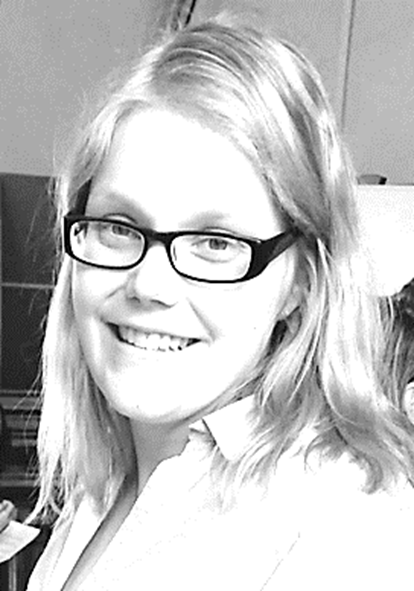 Director of the Blended Teacher Training Program, University of Helsinki, Finland
Director of the Blended Teacher Training Program, University of Helsinki, Finland
Topic: “Recruiting Teachers in Finland: Thinking Outside the Box”
Dr. Jonna Kangas is a leading Finnish researcher in Early Education and top contributor to the Play-based Participatory Learning theory and methodology. She is co-founder and Education Expert of WellEdu Fennica Ltd, responsible for the curriculum and teacher training programme design for FinlandWay Preschool System being adapted to Brazil, Peru, Morocco and Vietnam. In 2020 she was visiting Professor of Education at the University of Primorska, Slovenia. Dr. Kangas is Adjunct Professor at the University of Turku and Senior Lecturer at the Teacher Training department and joint member of Playful Learning Centre, University of Helsinki, Finland.
She is a postdoctoral researcher and author on child participation, self-regulation, play-based learning and pedagogical methods in Finnish Early Childhood Education. Dr. Kangas has trained hundreds of Finnish early educators in daily pedagogics, children’s learning processes, observation and documentation, and designed innovative teacher training and mentoring programs for online platforms. She has years of operational kindergarten management and curriculum execution experience from private preschools in the Helsinki capital region.
Since 2010, she has designed interventions and learning experiences and environments to support childrens’ participation, play based learning, and teacher professional reflection and development in education settings and contributed to the National ECE assessment methodology by the Finnish Education Evaluation Center. She is a member of Playful learning center and Learning, Culture and Interventions (LECI) expert groups, at the Faculty of Educational Sciences, University of Helsinki.
Dr Kangas is a Board Member of the Early Childhood Education Association of Finland (ECEAF), where she heads the editorial team on publications on participatory learning. Full research profile: https://researchportal.helsinki.fi/en/persons/jonna-kangas
________________________________________
Dr. Manuela Heinz
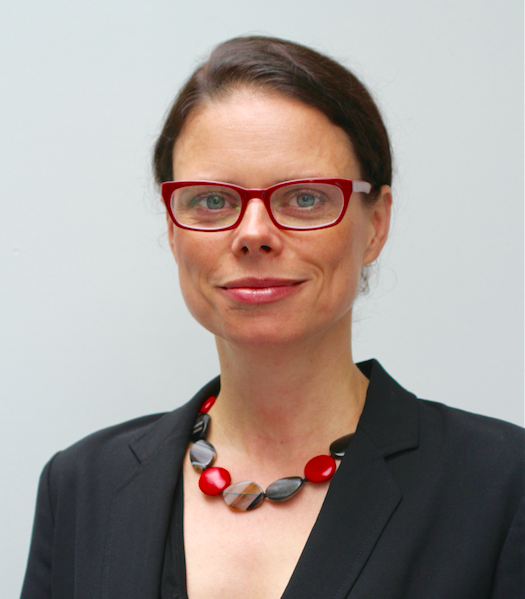 Head of Discipline of Education, University of Galway, Ireland
Head of Discipline of Education, University of Galway, Ireland
Topic: “Why Students Choose Teaching”
Dr. Manuela Heinz is an Associate Professor and the Head of Discipline of Education at the University of Galway, Ireland. She is originally from Dresden where she qualified as a Spanish and English second-level teacher. She also studied at the University of Zaragoza and at Edinburgh University completing Masters degrees in Linguistics and Political Science.
She has conducted research in the area of teacher education for nearly twenty years with a specific focus on teacher motivations, initial teacher education selection, diversity in the teaching profession and teacher professional learning for equity and inclusion.
Dr. Heinz has led and collaborated in funded research and teaching projects with academic, government, community and school partners from Spain, Italy, Norway, Poland, Turkey, Cyprus, Bulgaria, Greece, and the Netherlands. She has published widely in leading research journals and is a member of the editorial board of European Journal of Teacher Education. She is co-editor of Routledge’s book ‘Diversifying the Teaching Profession: Dimensions, Dilemmas and Directions for the Future’ (2023), and is currently working on a European university-school partnership project focused on the professional development of school leaders in the areas of diversity, democracy and equity.
Dr. Heinz has been a key influencer of Irish and international teacher education research, policy and practice through her work as expert evaluator for the European Commission as well as university association representative, advisor and speaker at numerous conferences and policy working groups. She loves walking, surfing and travelling and is a loyal supporter of her children’s soccer, Gaelic football and basketball teams.
________________________________________
Professor Beng Huat See
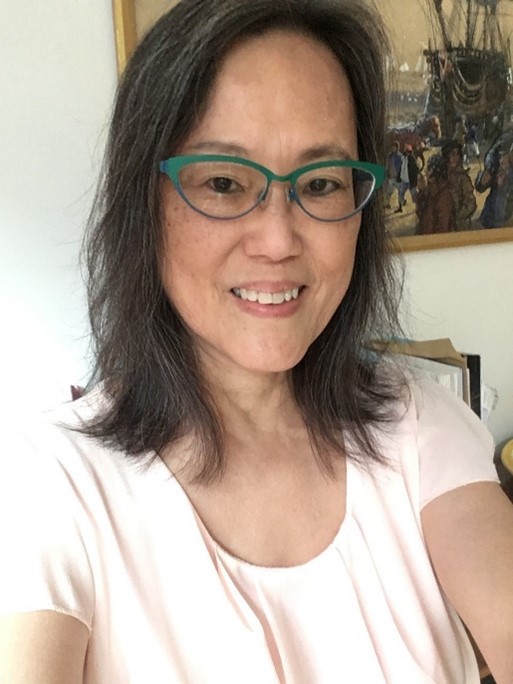 Durham University School of Education, England, UK
Durham University School of Education, England, UK
Topic: “Teacher Recruitment: Evidence of Most Promising Interventions”
Her research interests focus on improving teacher supply, teacher development and teacher quality as well as identifying ways to enhance student learning and wider outcomes. She is currently leading an ESRC project comparing teacher education policies in OECD and partner countries to identify key political, cultural, institutional and economic drivers of teacher shortages. She has just completed another large project to clarify the important determinants of teacher shortages in England, and to identify promising approaches to attract and retain teachers. She is now co-leading two other research projects, one of which is to improve the selection and recruitment of high quality teachers and the other is looking at ways to improve the recruitment of ethnic minority teachers in England.
Her expertise includes the use of multiple designs: rigorous reviews and syntheses of evidence in education, evaluation via large-scale RCTs and re-analysis of secondary data. She is a member of the ESRC Grant Assessment Panel and the UK government Cabinet Office What Works Trial Advice Expert Panel. She regularly reviews grant proposals for international research organisations, such as the National Centre for Science & Technology Evaluation (NCSTE) of Kazakhstan, the Netherlands Organisation for Scientific Research (NOW) and the Singapore Ministry of Education.
________________________________________
Yasha Groot
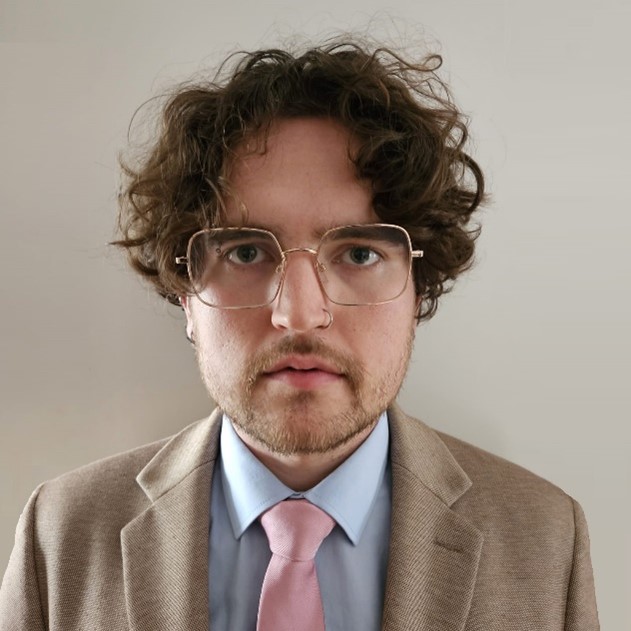 Student at Windesheim UAS, the Netherlands
Student at Windesheim UAS, the Netherlands
Topic: “Why I Choose to Become a Teacher”
What motivates a young person to choose to become a teacher in the Netherlands today? What can we do to motivate more people to choose a career in teaching? Yasha shares his personal experiences and motivations.
__________________________________________
Amalie Pauline Steindal Johansen
 Student at Nord University, Norway
Student at Nord University, Norway
Topic: “Why I Choose to Become a Teacher”
What motivates a young person to choose to become a teacher in Norway today? What can we do to motivate more people to choose a career in teaching? Amalie shares her personal experiences and motivations.
___________________________________________
Heidi Läspä
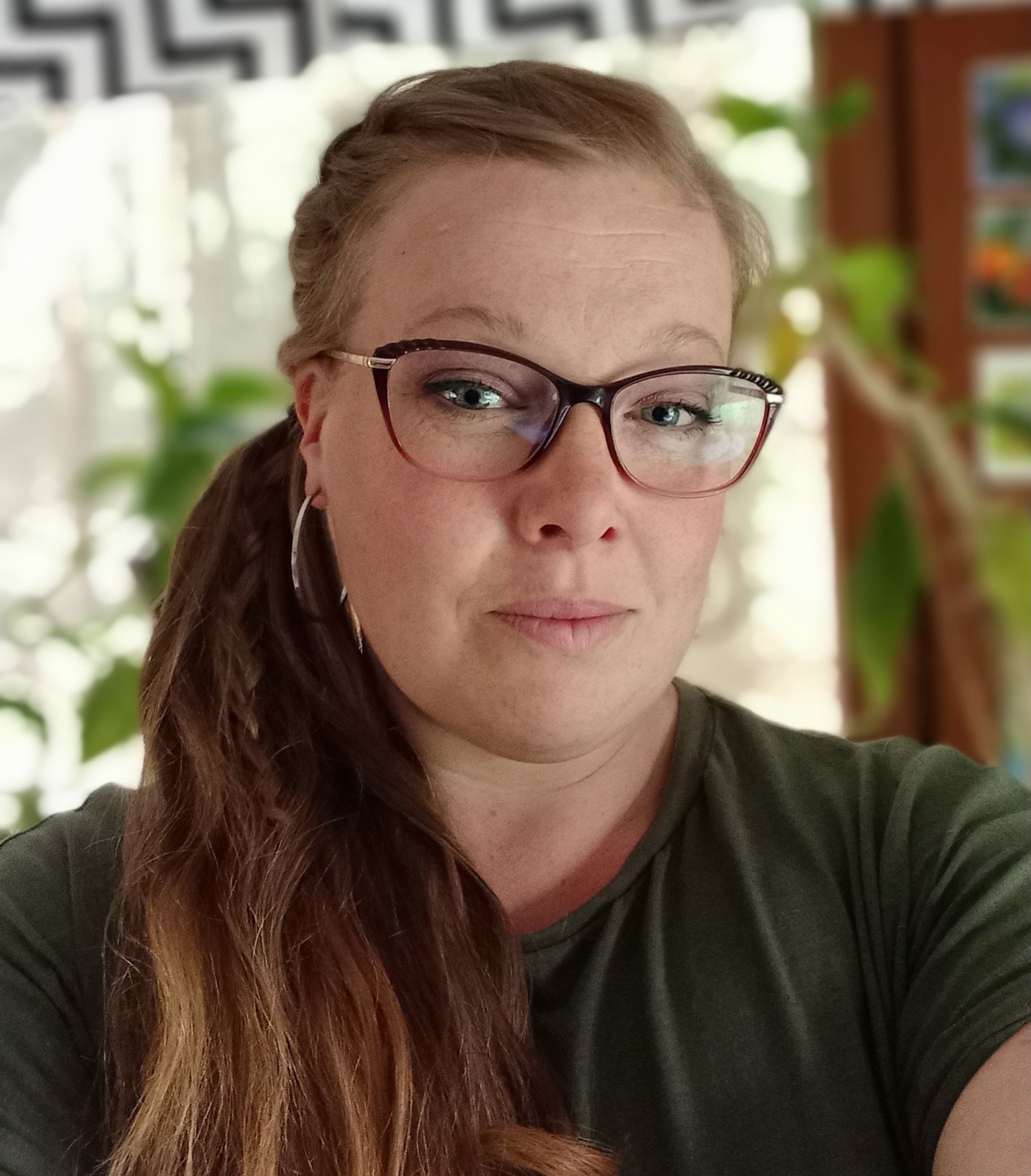
Student at Jyväskylä University, Finland
Topic: “Why I Choose to Become a Teacher”
What motivates a young person to choose to become a teacher in Finland today? What can we do to motivate more people to choose a career in teaching? Heidi shares her personal experiences and motivations.
___________________________________________
Professor Anna CohenMiller
Master of Ceremonies
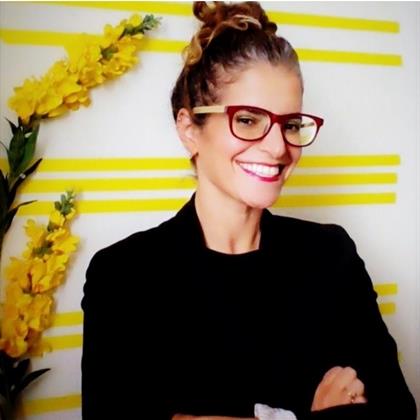
Anna CohenMiller, PhD, is a TEDx speaker and award-winning qualitative methodologist and educational leader. As a multinational scholar, she uses transformational leadership and research to empower, connect, and amplify voice of marginalized, overlooked/misheard, and colonized communities around global issues of equity, inclusion, and justice in education.
Her forthcoming monograph, Transformative Moments in Qualitative Research: Method, Theory, and Reflection, has been referred to as a “must read” for all researchers committed to enhancing justice. CohenMiller is Full Professor in the center for teaching and learning at Nord University and welcomes ideas for collaboration, research and practice to create educational equity and inclusion.
